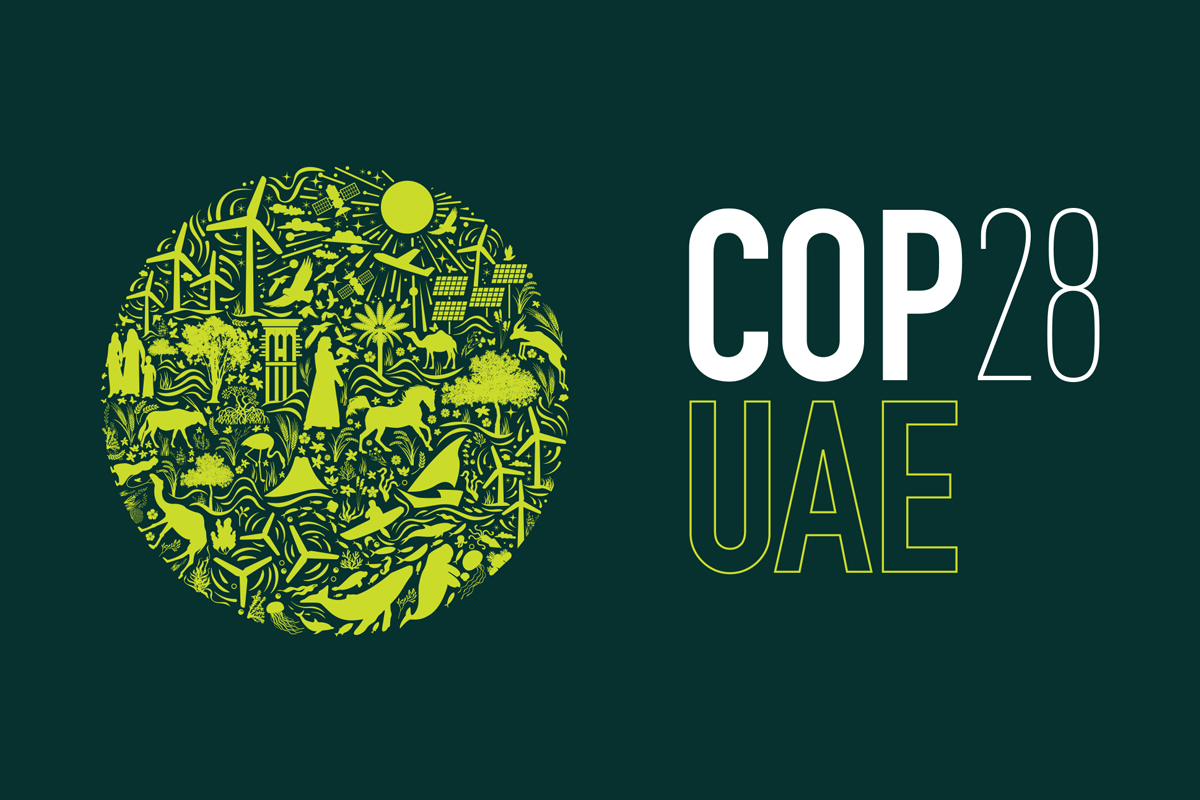As it has been doing for decades, the United Nations is once again planning to hold its annual “Conference of the Parties” (COP28) to tell the world we face impending doom from manmade climate change. Over the next two weeks, expect to see news reports covering how brave delegates, flying in on private jets to glitzy Dubai, are hard at work protecting us from the SUVs, gas ovens, red meat, pharmaceuticals, cosmetics, plastics, and other fossil-fuel consumer products we foolishly enjoy.
Having attended some 25 of these COP meetings, I expect few surprises. But that doesn’t mean there won’t be some oddities. Among them is that the United Arab Emirates has been chosen to host the COP-28 confab. That sounds like a joke, but it’s not.
As everyone knows, the climate cabal is all about limiting fossil fuels. The UAE, on the other hand, is all about producing and using them. A lot of them.
In fact, last year, the UAE employed fossil fuels: 607.25 terawatt-hours of oil and 698.48 TWh of gas, to meet over 95 percent of its electricity consumption. Solar and wind, by contrast, supplied a minuscule fraction of that, less than 20 TWh (barely 1 percent).
Making matters worse for climate worrywarts, the UAE is also planning to surge its development of fossil fuels. According to the UK Guardian, ADNOC (the UAE’s national oil company) “announced a $150bn investment over five years to enable an ‘accelerated growth strategy’ for oil and gas production.”
One might think ADNOC’s president, Sultan Al Jaber, would be run out of town by the climate faithful for making such a proclamation. But they’re doing nothing. In fact, he’s set to preside over COP-28.
The big news at this year’s conference will likely center on its attendees. King Charles III, who famously predicted in 2019 that the world only had 18 months to save our planet from climate change, is set to give the opening address. He will be joined by Britain’s Prime Minister Rishi Sunak and potentially Pope Francis. Notably missing are the leaders of the two biggest carbon-emitting nations, China and the United States.
Both President Biden and President Xi will stay home, but they did meet right beforehand to discuss climate change during their November powwow in San Francisco. Both pledged to “work together … to rise up to one of the greatest challenges of our time.” What this actually means is unclear.
Some experts believe all that was achieved during their San Francisco rendezvous was that the U.S. pledged to gut its fossil-fuel infrastructure and replace it with unreliable solar and wind. China only agreed to sell us the equipment to make that happen.
This is the hard, rarely mentioned reality since China already controls 40% of the polysilicon used to make solar panels, 70% of the lithium-ion battery cell production, and 80% of the globe’s rare earth elements.
What it clearly doesn’t mean is that China is planning to limit its fossil fuel use anytime soon. In 2022, for example, China built or issued permits for the construction of brand-new coal plants at the rate of two per week, quadrupling the number of new coal power approvals. Overall, it is constructing six times more coal plants than the rest of the world combined. That Xi is losing sleep over climate change or carbon emissions seems a stretch.
Other things to look for at COP-28 are the “Global Stocktake” and financing a new “Loss and Damage” fund.
The Global Stocktake is a review of how nations are meeting their climate commitment goals. According to the Paris Climate Accord, each country is supposed to do what it can to keep the world from reaching a 2-degree Celsius warming (or 1.5-degree C if they want extra credit).
Although this is scientific nonsense, the Global Stocktake can be seen as a “report card” on how countries are faring. Expect the USA and Europe to be sent to the principal’s office for bad behavior, while China and India receive kudos for simply pledging to do better in the distant future.
The Loss and Damage fund is supposed to compensate poorer countries for any climate hardships (droughts, floods, hurricanes, refugees, et cetera) they believe are imposed on them by wealthier nations that have used fossil fuels for a century or more.
Among the countries vociferously championing this idea is the island of Tuvalu, which claims it is sinking into the ocean like Atlantis from rising sea levels. In reality, the University of Auckland found that Tuvalu actually grew in land mass by 2.9 percent over the past 40 years. While this might calm their fears, don’t expect it to stymie Tuvalu’s efforts to get money out of wealthier countries anyway.
So there you have it. The world is set to endure another fancy UN shindig about climate change. Be prepared for the lectures, dire warnings, and proclamations. Annoying, yes. But don’t let the charade ruin your holiday season.
This article originally appeared at Human Events
